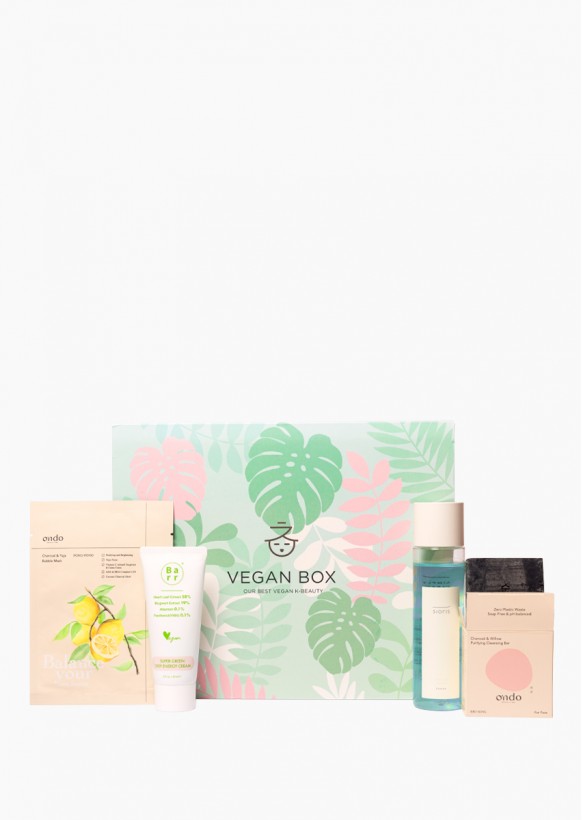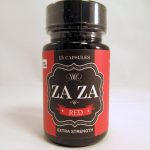Vegan skin care is more than just a new trend – it’s actually better for your skin! It’s also better for animals and the environment.
Animal derived ingredients like beeswax, lanolin, carmine, collagen, squalene and glycerin are all excluded from vegan beauty products. Instead, plant-derived ingredients are used. These natural plant-based products will hydrate and nourish your skin for a soft, smooth complexion.
1. No Animal Ingredients
Vegan skin care products are free of any ingredients that come from animals or animal by-products, such as beeswax, honey, lanolin, collagen, keratin, and more. This makes them better for your skin and more ethical. They also use fewer chemical ingredients that can irritate the skin.
Some brands replace these animal ingredients with plant-based alternatives that are still effective and healthier for your skin. For example, instead of gelatin (a protein from the skin, tissues, and bones of animals), some brands use agar or carrageenan, which are derived from seaweed.
Look for the vegan society and leaping bunny certifications on makeup, skincare, and other beauty products to ensure they’re cruelty free and vegan. These are the most trusted seals in the industry. However, just because a product is labeled as cruelty free doesn’t mean it’s vegan. Be sure to read the ingredient list carefully.
2. No Animal Testing
If you choose vegan skin care, you’ll be helping to save the lives of thousands or even billions of animals each year. This is because a majority of vegan skincare products are also cruelty free.
Using non-vegan beauty products can be a bit like playing Russian Roulette with your skin, as some of the chemicals and additives may react negatively to your skin. This is why switching to a vegan skin routine can be the best option for your complexion.
Vegan skin care is not the same as cruelty free, as some brands can be certified to be cruelty free, but they may still use animal products or by-products in their formulas (like honey, lanolin, gelatin or collagen). When choosing vegan skincare, it’s important to look for the Certified Vegan label or the Cruelty Free Bunny symbol. This will ensure that the product has been created without any animal testing. Also, be sure to always read the ingredients list and do a patch test before using any new product.
3. No Animal By-Products
When choosing vegan skin care, make sure the label states that no animal products were used. Even products that are certified vegan, cruelty free, and organic can contain animal products such as lanolin (sheep’s wool), beeswax, shellac (from lac bugs), and guanine (fish scales).
Instead, look for vegan skincare that uses organic, plant-based ingredients to soothe and nourish your skin. These natural, wholesome ingredients are more sustainable to harvest and use. Plus, they are proven and time tested to give you the best anti-aging, healthy skin results.
As the demand for clean beauty continues to rise, more companies are incorporating vegan-friendly options into their product lines. While a plant-based diet is the most common way to embrace a vegan lifestyle, the benefits extend beyond food to include makeup and skincare products. These newer, vegan options are kinder to your skin and the planet. And they are just as effective as traditional formulas. This is why we recommend incorporating them into your routine.
4. Eco-Friendly
Besides being cruelty-free, vegan skincare products are environmentally friendly. The use of natural plant-based ingredients means there is less risk for irritation and allergic reactions that can lead to clogged pores. This makes the skin more breathable and reduces the appearance of fine lines and wrinkles.
iUNIK is an organic beauty brand that carries vegan cleansers, serums and moisturizers. They are also Leaping Bunny certified, meaning they don’t test on animals. Their Blue Mint cleanser uses a mix of clay, oats, coconut and blue spirulina to gently remove makeup without stripping the skin. They make eco-friendly decisions from local suppliers to recycled packaging.



